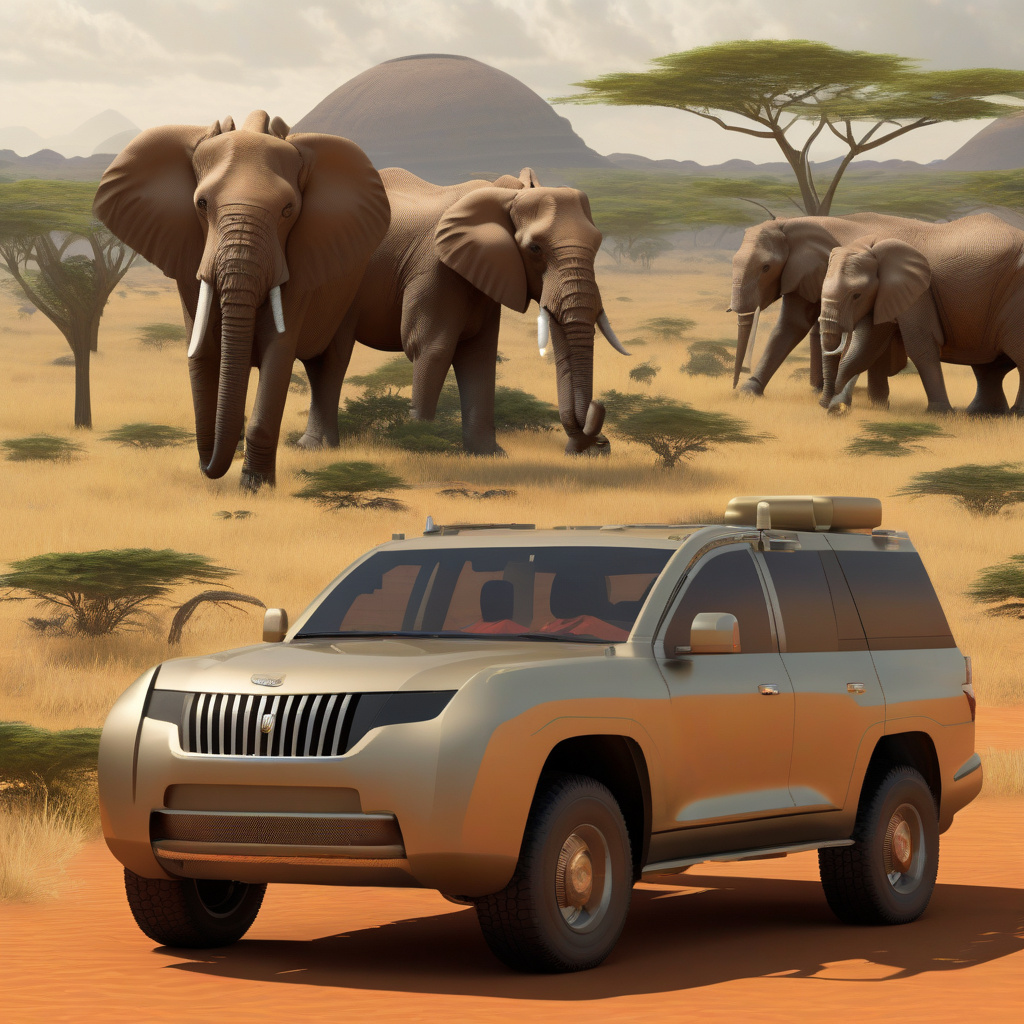Has OpenAI Shown Us a Glimpse of Safari’s Future?
OpenAI’s latest innovation, the Atlas browser, powered by ChatGPT, presents a compelling vision of the future of web browsing. By leveraging generative AI technology, the browser no longer serves as a mere window to the internet but evolves into an intelligent digital assistant. This transformation marks a significant shift, where browsers become personalized tools that enhance users’ online experiences.
The introduction of features like Browser Memories, enabling the browser to provide tailored insights and assist in tasks such as job search and interview preparation, showcases the potential of AI in shaping our digital interactions. OpenAI’s ambitious goal of creating a “true super-assistant” underscores the company’s commitment to revolutionizing the way we engage with technology daily.
The Implications of OpenAI’s Advancements
OpenAI’s foray into the browser market signifies a direct challenge to established players like Google. By offering contextually aware browsing experiences, OpenAI aims not only to capture market share but also to amass valuable user data. While privacy assurances are in place, the collection of personal information raises concerns about data utilization, especially in the realm of personalized advertising.
As OpenAI competes with industry giants like Google and Apple, the landscape of AI-powered services is poised for transformation. The emergence of Atlas as a frontrunner in AI-enabled browsing sets the stage for a dynamic shift in how technology integrates with human interactions. The potential for highly personalized experiences and enhanced digital capabilities underscores the evolving nature of the tech industry.
Navigating the Future of Browsing
In a tech landscape where innovation drives competition, OpenAI’s Atlas browser represents a significant milestone. As the boundaries between browsers and intelligent assistants blur, users are faced with choices regarding convenience, privacy, and data ownership. The evolution of Safari and other browsers in response to AI advancements highlights the need for users to critically evaluate their preferences and boundaries in the digital realm.
Looking ahead, the convergence of AI technologies with browsing experiences opens up new possibilities for seamless integration and personalized services. Whether users opt for AI-enhanced browsers like Atlas or traditional platforms, the underlying question of data ownership and privacy remains paramount in shaping the future of online interactions.
In conclusion, OpenAI’s strides in AI-powered browsing set a precedent for the industry, signaling a shift towards more intuitive and personalized digital experiences. As Safari and other browsers adapt to the changing landscape, users are encouraged to reflect on their preferences and priorities in navigating the evolving tech ecosystem.
—
Follow me on social media for more insights and updates! Join me on BlueSky, LinkedIn, and Mastodon.

